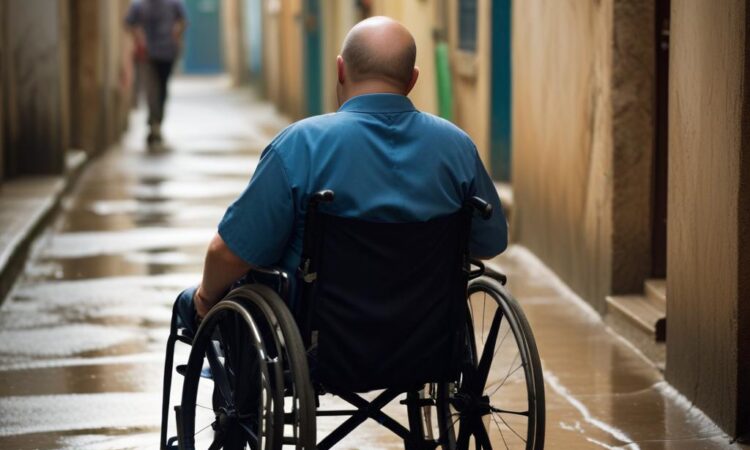I Feel Sick at the Prospect of Welfare Cuts
Okay, so let’s talk about something pretty serious: welfare cuts and how they’re hitting people already struggling with long-term sickness and disability. The BBC has been talking to folks who rely on these benefits, and the picture is, frankly, grim. The general feeling? Total and utter dread.
I mean, imagine this: you’re already battling a health condition that makes everyday life a challenge. Getting out of bed, showering, even just making a simple meal – these are all things that take significantly more effort and energy than they do for most people. And on top of all that, you’re facing the very real possibility of having your lifeline – your benefits – slashed.
One person I spoke to, let’s call her Sarah (to protect her privacy, of course), described a constant low-level anxiety that’s been amplified tenfold by the news of the proposed cuts. She said things like, “It’s not just about the money, although that’s a huge part of it. It’s the feeling of being abandoned, of being told that your illness, your struggles, aren’t valued.” That’s a powerful statement, and it reflects what many others have shared.
Another person, let’s call him David, painted a picture of constant worry about making ends meet. Even now, he’s constantly juggling bills, making tough choices about what he can afford and what he can’t. He’s cut back on everything – food, heating, even medication in some cases – just to stay afloat. The proposed cuts would push him to an even more precarious financial position.
The common thread here? It’s not just about the financial implications, although those are obviously huge. It’s the devastating impact on mental health. The stress and anxiety of constantly worrying about where your next meal is coming from, whether you can afford your medications, or if you’ll have to choose between heating and eating – this takes a massive toll. It exacerbates existing health problems and creates new ones.
Many shared stories of feeling devalued, unheard, and even forgotten. The narrative often seems to revolve around the idea that people on benefits are somehow “leeches” or “lazy,” which couldn’t be further from the truth. The reality is that many of these people have worked hard throughout their lives, only to be hit by illness that prevents them from continuing to do so. They’re not looking for handouts; they’re seeking support to manage their conditions and live with dignity.
So what’s the solution? Well, it’s complicated. It’s not simply about throwing money at the problem. It’s about acknowledging the humanity of these individuals, recognizing their struggles, and creating a support system that truly helps them cope, not just survive. We need policies that show empathy, compassion, and a genuine understanding of the challenges they face. Cuts to benefits are not just numbers on a spreadsheet; they’re real-life consequences with devastating impacts on individuals, families, and communities.
The people I’ve spoken with aren’t asking for a free ride. They’re simply asking for the support they need to manage their health conditions and live with some level of security and dignity. Denying that support isn’t just cruel; it’s short-sighted. It’s a societal failure to adequately care for its most vulnerable members.
This isn’t just about economics; it’s about morality. It’s about asking ourselves: what kind of society do we want to be? One that leaves its sick and vulnerable to fend for themselves, or one that offers support and compassion?
The responses from those affected were consistently heartbreaking. The fear isn’t just about losing financial security; it’s the fear of losing hope. It’s the fear that their lives, already fraught with challenges, will become unbearable.
This isn’t a political statement; it’s a human one. Let’s remember the human cost behind these proposed cuts. Let’s make sure their voices are heard and their concerns are addressed. Let’s ensure a future where everyone has the support they need to live a life of dignity and hope, regardless of their health circumstances.
This isn’t just about numbers; it’s about people. Real people with real lives, real struggles, and real fears.
The cuts proposed are terrifying, and their potential impact is vast and devastating. We need to advocate for a better future where everyone can live with dignity and security.

